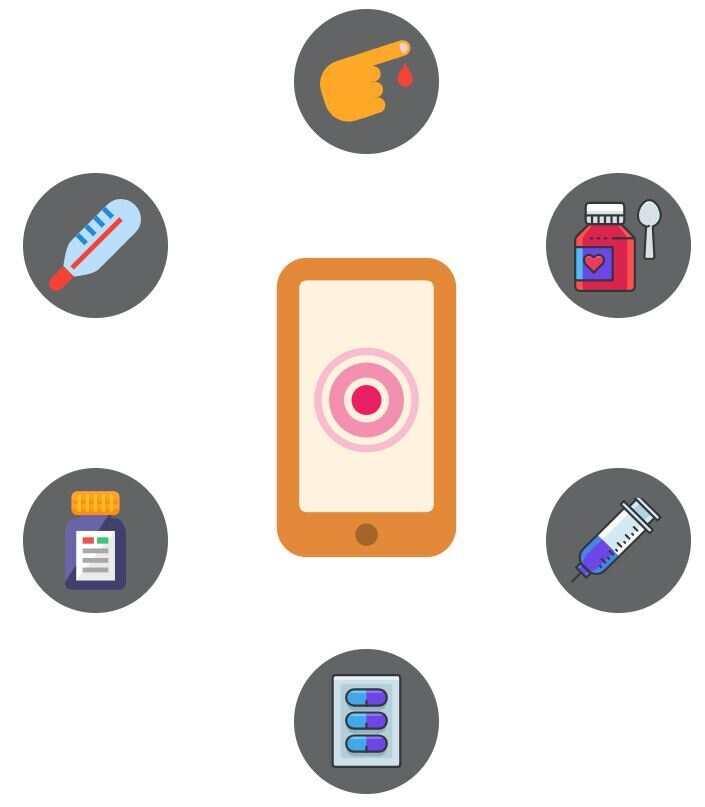How Mobile Health Technology can Lead to Clinical Trial Success
Clinical Trials

Mobile Health Technology (mHealth) is a general term for the use of mobile phones or other communication devices in medical care. The use of mHealth has received significant attention recently, with good reason. mHealth is making a strong case for its ability to improve clinical trial management and participant engagement. For a technology to be effective in this area, it must provide necessary features and benefits and fit effortlessly into the patient’s daily schedule.
mHealth may help to improve data quality and participant trial adherence. Sponsors/CROs can equip participants with mobile devices and tablets to capture health data from home. Participants can complete diaries and surveys on mobile applications (apps) and submit the information from home versus onsite at the research center. Such convenience increases the likelihood of patients’ full participation in the trial and decreases the likelihood of noncompliances in the participants’ performance. Data can be captured real-time using mHealth which generally improves data fidelity. Timely data capture also allows for prompt identification of participant noncompliance. Action can then be taken to swiftly address any issues and ensure participant compliance going forward—correcting potential problems before they become widespread. Some apps are developed to assist sponsors/CROs with patient recruitment for clinical trials. For example, Novartis Oncology developed a mobile app, Clinical Trial Seek, where patients and physicians can look for trial information.
In addition to more effectively and conveniently capturing trial data, mHealth may also increase participant engagement in a trial by making it easier to communicate information. If a participant has a trial-related question, it may be possible to check the mobile app and get the answer when needed, either through documentation available on the app or by direct communication with trial staff. Additionally, using mHealth, trial protocols can be set up with flexible schedules that can be fixed, randomized, or event-triggered. Schedules can be set up for daily, weekly, or monthly events and could even be customized with personalized instructions for an individual participant. Educational programs with web-based content can be scheduled on mobile apps to provide the latest information to participants in the trial. Solid participant engagement is key to minimizing the incidence of noncompliance with the trial protocol. mHealth could also increase the reach of certain trials by encouraging patients to participate from a greater distance, as burdensome patient travel requirements of trials are reduced.
As mentioned above, mHealth has a number of potential uses in the clinical research space, and could help make your trial more participant-centric. It could also provide solutions to two of the biggest challenges: participant recruitment and continued participant engagement. Although these technologies may not be appropriate for every trial, they should be considered in trial design as a tool to help optimize chances for success and participants’ best interests. Despite the expected benefits of using mHealth in clinical trials, the regulatory status with the FDA is not yet entirely clear. Evolving acceptance by regulators will help drive implementation of mHealth in clinical research.
MED Institute has decades of experience in designing and executing clinical trials, and would be pleased to discuss with you how we can help you achieve success in your clinical trial objectives.
Contact us today to learn more about how we can partner with you. 855.463.1633 | askmed@medinstitute.com | medinstitute.com
Get email about news, services, and events from MED Institute.
OUR COMMITMENT
We are committed to consistently performing services with high quality, that deliver exceptional results, and add value to the client’s business.
For client surveys sent in 2024, we received ratings of 4.98/5 points (13).
